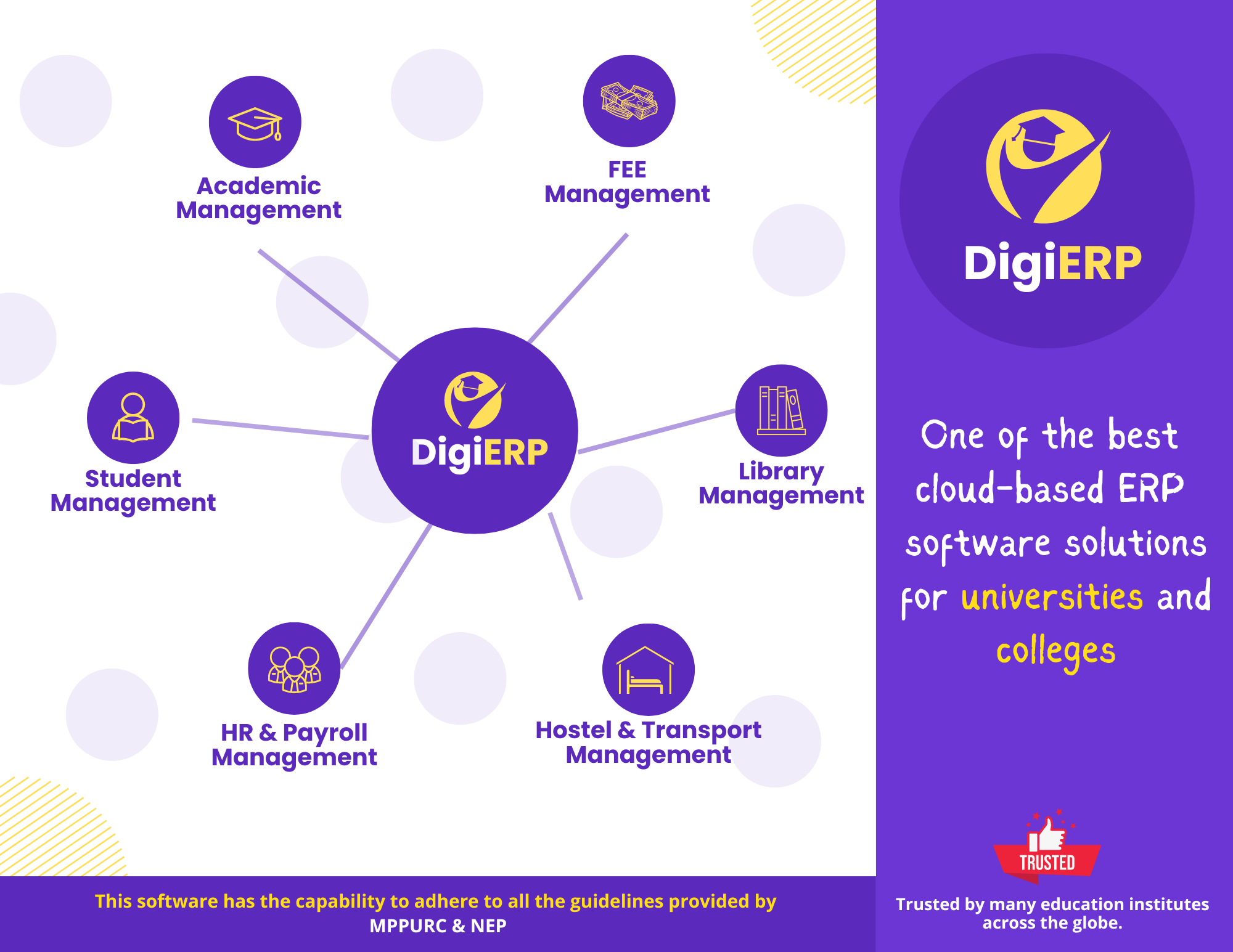In today’s fast-paced digital age, educational institutions are constantly seeking ways to streamline their administrative processes, improve communication, and enhance overall efficiency. Enter Enterprise Resource Planning (ERP) systems, a powerful solution revolutionizing the management of educational institutions worldwide. In this blog, we delve into the significance of ERPs in educational institutes, exploring how they optimize operations and contribute to a more productive learning environment.
- Centralized Data Management: ERPs serve as a centralized platform for managing various aspects of educational institutions, including student records, faculty information, course schedules, finances, and more. By consolidating this data into a single system, ERPs enable administrators to access real-time information effortlessly, eliminating the need for manual data entry and reducing the risk of errors.
- Streamlined Administrative Processes: From admissions and enrollment to attendance tracking and grading, ERPs automate a myriad of administrative tasks, saving valuable time and resources for both staff and students. With features like online registration, automated notifications, and electronic document management, ERPs simplify complex processes, allowing administrators to focus on strategic initiatives rather than mundane paperwork.
- Enhanced Communication and Collaboration: Effective communication is essential for fostering collaboration among students, faculty, parents, and administrators. ERPs facilitate seamless communication through integrated messaging systems, discussion forums, and personalized portals. Whether it’s sharing important announcements, sending progress reports, or scheduling meetings, ERPs ensure that stakeholders stay informed and engaged.
- Data-Driven Decision Making: In today’s data-driven world, educational institutions rely on actionable insights to make informed decisions. ERPs offer robust reporting and analytics capabilities, enabling administrators to analyze trends, track performance metrics, and identify areas for improvement. By leveraging this data, institutions can optimize resource allocation, implement targeted interventions, and enhance the overall educational experience.
- Improved Student Experience: At the heart of every educational institution is the student experience. ERPs play a crucial role in enhancing this experience by providing students with easy access to academic information, course materials, and support services. Whether it’s registering for classes, accessing grades, or seeking academic advice, students can navigate the educational landscape with greater ease and efficiency.
- Efficient Resource Management: From classrooms and facilities to budgets and personnel, educational institutions must manage a wide array of resources effectively. ERPs offer comprehensive resource management modules that streamline inventory tracking, facility scheduling, budgeting, and procurement processes. By optimizing resource utilization and minimizing waste, ERPs help institutions operate more efficiently and sustainably.
- Adaptability and Scalability: Educational institutions are dynamic environments that evolve over time. ERPs are designed to adapt to changing needs and scale alongside growing institutions. Whether it’s accommodating new programs, integrating third-party applications, or expanding to multiple campuses, ERPs provide the flexibility and scalability required to support long-term growth and innovation.
In conclusion, ERPs have become indispensable tools for educational institutions seeking to enhance efficiency, improve communication, and optimize resource management. By centralizing data, streamlining processes, and fostering collaboration, ERPs empower administrators, faculty, and students to thrive in today’s competitive educational landscape. As technology continues to evolve, ERPs will undoubtedly play an increasingly vital role in shaping the future of education.



